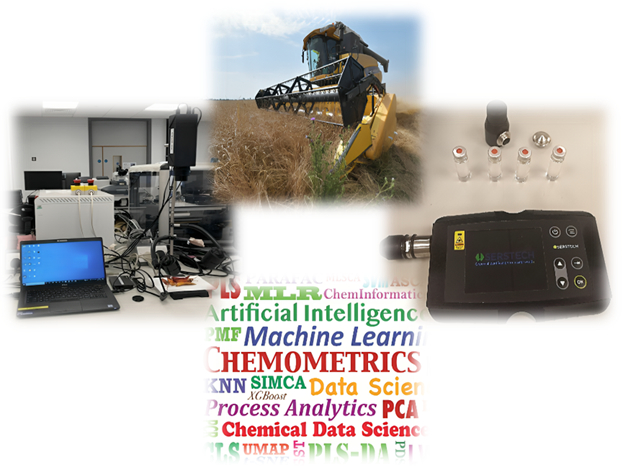Many wild and cultivated plants produce secondary metabolites that can be harmful to human health when consumed. These compounds, including tropane alkaloids (TAs) such as atropine and scopolamine, are found in certain food products contaminated by the Datura plant. Even trace amounts of TAs can pose serious health risks, particularly to infants, causing symptoms such as cardiac slowing, dryness in the respiratory tract, and reduced perspiration. Tropane alkaloids serve various ecological functions for plants, such as defense mechanisms or acting as antibiotics. While these compounds can be beneficial in small, controlled doses for medical purposes (e.g., as anticholinergic drugs), their presence in food can be fatal. According to RASFF, cereals are particularly susceptible to contamination by TAs, often due to the accidental inclusion of Datura plant parts during harvest or processing. To address the potential risks, this PhD project at Queen’s University Belfast aims to develop innovative analytical detection methods. The research focuses on using advanced chemometric algorithms to process large amounts of data from testing instruments. This approach will help achieve rapid, affordable, and accurate detection of TAs, ensuring compliance with food safety standards and reducing health risks for consumers.

